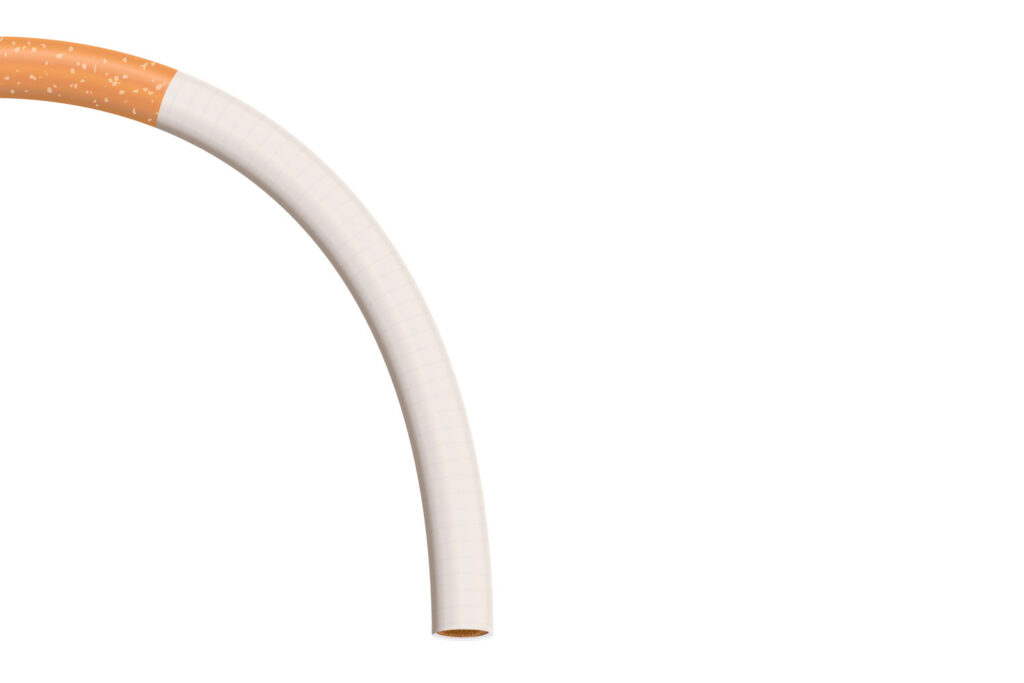Advertisement
Erectile Dysfunction
Let’s talk about creative approaches that help

It’s a problem no one wants to talk about. Among sufferers of erectile dysfunction (ED), 74 percent never receive treatment. When they do, they may not like what the doctor orders. And why not? At an average cost of $15/day, it’s no wonder men are looking for alternatives to the little blue pill.
About half of men between the ages of 40 and 88 have struggled with ED, and its causes are just as broad. “Erectile dysfunction is often multifactorial,” says Elly Jenkyns, ND. “There are often a lot of issues that are involved, and they need to be addressed.” Sexual health is a whole-body issue, but small changes can produce big results.
Advertisement
Start a flossing regimen
Why it works
Periodontitis is an advanced form of gum disease, which affects seven in 10 Canadians at some point in their lives. And the results are showing up in the bedroom. Periodontitis is a type of prolonged inflammation that causes damage to the blood vessels, which can lead to impotence. One study found that 53 percent of men with ED had chronic periodontitis.
Make the change
Dentists often suggest behavioural changes, since factors such as smoking and diabetes play a role in gum health. But the first line of defence is always good daily care at home. A consistent regimen of brushing, flossing, and regular professional cleaning has been shown to improve ED within three months.
Advertisement
Unhand the salt shaker
Why it works
Salt has been called the anti-Viagra, since it has exactly the opposite effect of the drug. Too much salt causes a reduction in endothelial nitric oxide in the blood vessels, causing a restriction in blood flow to the penis. The little blue pill, on the other hand, works on the nitric oxide pathways to allow more of it to circulate in the bloodstream. This allows the arteries to relax so that more blood can flow where it needs to.
Make the change
Processed foods are the biggest culprits when it comes to salt overload. Choose fresh meats over processed ones, and cook from scratch whenever possible. Try to incorporate more potassium-rich foods (spinach, yogurt, avocado, sweet potato, bananas), since studies show that upping your potassium in addition to cutting down on salt is more effective than either one on its own.
Advertisement
Treat your sleep apnea
Why it works
One in four Canadians—the majority of whom are men over 50—are considered high risk for sleep apnea. Among male sufferers of obstructive sleep apnea, an estimated 70 percent also suffer from ED. Obstructive sleep apnea is a two-pronged attacker: decreased oxygen levels chronically affect the vasculature of the penis, while lack of REM (rapid eye movement) sleep interferes with testosterone production.
Make the change
While hooking up to a CPAP (continuous positive airway pressure) machine every night may not seem like inspiration to get busy in the bedroom, one study showed that it successfully relieved ED in one-third of patients.
And the alternative—snoring and sleeping in separate rooms—is a definite buzzkill. Does CPAP sound extreme? The vast majority of sleep apnea patients are overweight. Losing the excess weight can decrease symptoms and, in some cases, eliminate sleep apnea entirely.
Advertisement
Close the laptop
Why it works
Porn-induced erectile dysfunction is a recent phenomenon, a side effect of the era of high-speed internet. Too much porn can numb the pleasure responders and cause the brain to develop changes in the reward centre—just as in the brain of a drug addict. Once your dopamine response is compromised, it can actually alter your sexual taste, making you less interested in a real-life sexual partner.
Make the change
Recovery time varies based on a number of factors like length and frequency of use. A period of refraining from porn and masturbation is required to reboot the brain. It’s the rare exception to the old “use it or lose it” adage. And yet abstinence is not a requirement. This is a great time to reconnect with your partner while the batteries recharge.
Advertisement
Check your medications
Why it works
“Some experts say that any kind of drug can induce erectile dysfunction, but there are approximately 200 prescription medications known to cause ED. Some of the most common are blood pressure medications, cholesterol-lowering agents, anti-anxiety drugs, antidepressants, antihistamines, and NSAIDs (nonsteroidal anti-inflammatory drugs).” says Jenkyns. Antidepressants are notorious offenders, affecting every stage of the sexual response cycle, even long after discontinuation.
Make the change
“Patients think that medication is the answer to their depression, but once they experience a side effect like erectile dysfunction, they often change their minds and deal with the root cause instead,” says Kathleen Milligan, therapist and family life coach.
It’s important to recognize that these are main physical causes. Our sexual response mechanisms are complex and heavily influenced by the circumstances in our lives. “Oftentimes resolving whatever the core issue is—psychological stress, anxiety, a traumatic relationship—will heal erectile dysfunction,” says Milligan.
Many factors contribute to sexual health, but nourishing and caring for your body daily is a good place to start.
Advertisement
Performance-enhancing supplements
It is always advisable to consult your health care practitioner for recommendations and dosages before adding supplements to your regimen.
L-arginine
An amino acid and precursor to nitric oxide, L-arginine improves blood flow to the penis by relaxing the blood vessels. “It’s something I would strongly consider using if my patient’s history or lab work suggests the problem is vascular,” says Elly Jenkyns, ND.
Ginkgo
Particularly helpful for treating SSRI-induced erectile dysfunction, gingko has been shown to positively affect all stages of the sexual response cycle—desire, excitement, orgasm, and resolution.
Ginseng
Panax ginseng has been used for hundreds of years in traditional Chinese medicine and has shown promise in improving sexual function in men with ED; studies indicate it can be safely used as a short-term remedy.
Ashwagandha
Used for centuries in Ayurvedic medicine, ashwagandha has been touted as a mild aphrodisiac. Currently, research is trying to determine its effectiveness for psychogenic erectile dysfunction—performance related or owing to interpersonal factors. “It’s great for stress and will normalize cortisol levels, which are sometimes dysregulated in men who have erectile dysfunction,” says Jenkyns.
Vitamin D
Low vitamin D levels are common in men with ED, and particularly low in men with severe ED. One study proposed that low vitamin D spurs the production of free radicals, which deplete nitric oxide, inhibiting proper function of the blood vessels.






